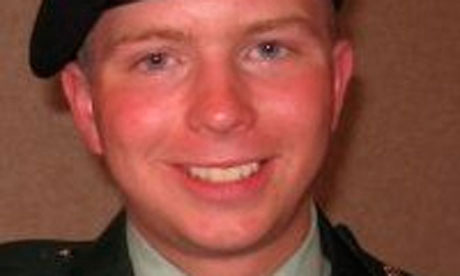Just one more example of the Cost of War and of the priorities exposed by the choices our Government is making on how to spend money.
Our government’s perverse definition of “national security” was on display again this summer. By large majorities, the U.S. Congress approved a so-called emergency appropriation of $33.5 billion to escalate the war in Afghanistan—adding to the more than $1 trillion that the United States has already spent waging wars in Afghanistan and Iraq.
Meanwhile, as schools faced the potential layoff of an estimated 300,000 teachers across the country, Congress dawdled until the second week in August, finally approving $10 billion to save the jobs of about half that number. The catch was that Congress “found” the money by cutting $12 billion in spending on food stamps (the Supplemental Nutrition Assistance Program)—a measure that the Food Research and Action Center says will hurt 40 million people, almost half of them children, when the cuts take effect in 2014. As Connecticut Rep. Rosa DeLauro, who voted for the bill, said, “I cannot in good conscience condone what we have taken away. . . . The bill shamefully pits these priorities against each other.”
This juxtaposition of robust war spending and inadequate support for education highlights the moral bankruptcy of political and economic leaders who seem to find endless piles of money to kill people abroad but not much to educate them at home. And, of course, the relationship is plain: The more dollars spent on war, the fewer available for human needs—whether alternative energy, food stamps, in-home elder care, public libraries, or keeping teachers in their classrooms.
And the morally bankrupt pattern that emerges makes you wonder if there is not indeed a plan here:
It’s worth pausing to ask: Who stands to gain by the jobs crisis in our country’s schools?
As Naomi Klein argues so powerfully in The Shock Doctrine, the “shock” of a calamity—whether natural or human created—offers opportunities for powerful interests to push their privatization, market-oriented schemes even more forcefully. This neoliberal agenda in education includes weakening teacher unions and dampening worker expectations, expanding charter schools, shifting curricular authority away from teachers and school communities to corporations, and establishing a regime of accountability through standardized tests. Oh yes, and squeezing more work out of school district employees for less money.
It’s not hard to recognize how a layoff crisis furthers this agenda. States starving for education money fall all over themselves in the Race to the Top competition, abolishing caps on the number of charter schools, tying teacher compensation to test scores, adopting national standards, and agreeing to “reconstitute” struggling schools.
So as people become more aware of the injustice and greed on display both in congress and in the workplace what can be done? The article points out the stark contrasts on display and some of the responses.
One Pot of Money
Simultaneously debating war funding and money to stave off teacher layoffs, as Congress did this summer, inadvertently draws attention to the truth that there is one pot of federal revenue, and how it gets allocated is a matter of political choice. Every dollar spent for war is a dollar not spent on children or other human needs.
”
If there is a silver lining to this crisis, it’s the increased activism along these lines that we see throughout the country—and the willingness to connect grievances. For example, this summer the United Auto Workers and Jesse Jackson’s Rainbow PUSH Coalition launched a campaign to “rebuild America with jobs, and justice, and peace.” This UAW/Rainbow PUSH initiative links demands “to rebuild the nation’s cities, provide jobs and education, enact a moratorium on foreclosures, and end the wars in the Middle East.
Stop the profiteering! Stop the War!



